Mwana Pwo Mask, Chowkwe – Angola
This tribal Mask From the Chokwe is called pwo or mwana pwo mask and originates from Angola. It has an elaborate hairline made up of a braided fibre fabric, beautiful and unusual scarification patterns on the forehead and cheeks. Pwo signifies womanhood and an elder ancestral female associated with fertility. The cross form on the forehead, known as cingelyengelye, is an early Portuguese influence.
Made of 100% wood, fiber, Patina.
Model is W 28 – H 17 and weight 0.5 kg.
Description
This tribal Mask From the Chokwe is called pwo or mwana pwo mask and originates from Angola. It has an elaborate hairline made up of a braided fibre fabric, beautiful and unusual scarification patterns on the forehead and cheeks. Pwo signifies womanhood and an elder ancestral female associated with fertility. The cross form on the forehead, known as cingelyengelye, is an early Portuguese influence.
The face of this pwo or mwana pwo, is composed of a beautiful oval-convex form, with an elaborate hairline made up of a braided fibre fabric, the face with the finely carved features has a chin of square section and an open mouth showing of the teeth filed at a peak, the bored aquiline nose of two nostrils is framed of two large eyes in form of coffee beans under arched eyebrows, the ears in high relief carry earrings in glass shots turquoises, while the chin, the temples and the face are decorated with scarifications; it carries a carved hairstyle of six rectangular sections; very beautiful brilliant patina chestnut, remainders of pigments black and white. The beautiful and unusual scarification patterns on the front of the mask are called cingelyengelye (portable amulets evocative of the Cross of the Order of Christ ). On the cheeks are patterns called masoji a mitelumuna nyi cijingo (the outline of tears terminating in the sun). The quality of expression on the mask suggests it is a portrait, not surprising as old Tshokwe artists took inspiration for their carving from a woman they admired for her beauty. The frontal transverse section of the coiffure is a type called tota (short tresses covered in red clay). Under the headband is a double diamdem called kaponde. A fringe, cisukusuku, ornaments the back of the cap.
While in former times they probably played important roles in religious beliefs and institutional practices, Chokwe masks have come to be used primarily for entertainment. The most popular and best-known entertainment masks are chihongo, spirit of wealth, and pwo, his consort. Chihongo was formerly worn only by a chief or by one of his sons as they traveled through their realm exacting tribute in exchange for the protection that the spirit masks gave. While chihongo brings prosperity, his female counterpart, pwo, is an archetype of womanhood, an ancestral female personage who encourages fertility. As an ancestor, she is envisioned as an elderly woman. The eyes closed to narrow slits evoke those of a deceased person. The facial decoration on the surface are considered female. Recently pwo has become known as mwana pwo, a young woman. It represents young women who undergone initiation and are ready for marriage.
The Chokwe have influenced the art of many neighboring peoples, including the Lunda, Mbunda, Luvale, and Mbangani. One million Chokwe (at least 30 different spellings — all based upon the name these people call themselves, Kocokwe, in plural Tucokwe) have spread out over a wide area in the eastern Angola, southern DRC and Zambia. Their history dated back to the 15th century, when a Lunda queen married a Luba prince Chibinda Ilunga. A significant member of the Lunda aristocracy so disapproved of the marriage that they migrated south to present-day Angola. Once settled, they founded several kingdoms, each headed by a god-king. Around 1860, following a major famine, the Chokwe people migrated back and settled in Angola, at the source of the Kwangi, Kasai and Lungwe rivers. The Chokwe are governed by a king called Mwana Ngana, who distributes hunting and cultivation areas. The male Mugonge and female Ukule societies regulate their social life. They are vigorous and courageous hunters and agriculturists, who used formerly to engage in the slave trade. Their dynamic spirit is also reflected in their art.
Additional information
| Weight | 0.5 kg |
|---|---|
| Dimensions | 28 × 17 cm |
| Color | |
| Material |
Leave a reply
Returns and Exchanges
There are a few important things to keep in mind when returning a product you purchased.You can return unwanted items by post within 7 working days of receipt of your goods.
- You have 14 calendar days to return an item from the date you received it.
- Only items that have been purchased directly from Us.
- Please ensure that the item you are returning is repackaged with all elements.
Ship your item back to Us
Firstly Print and return this Returns Form to:
30 South Park Avenue, San Francisco, CA 94108, USA
Please remember to ensure that the item you are returning is repackaged with all elements.
For more information, view our full Returns and Exchanges information.

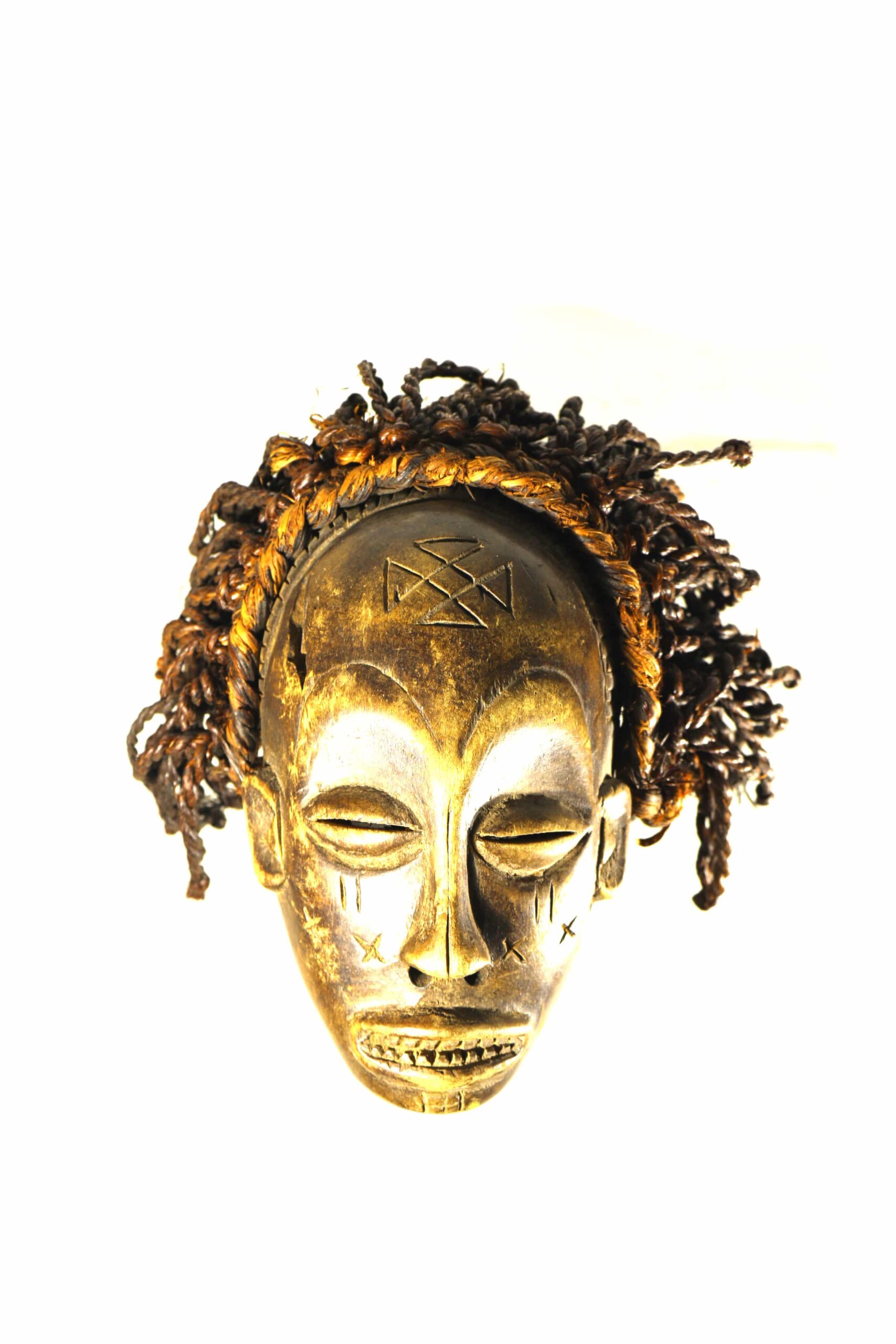
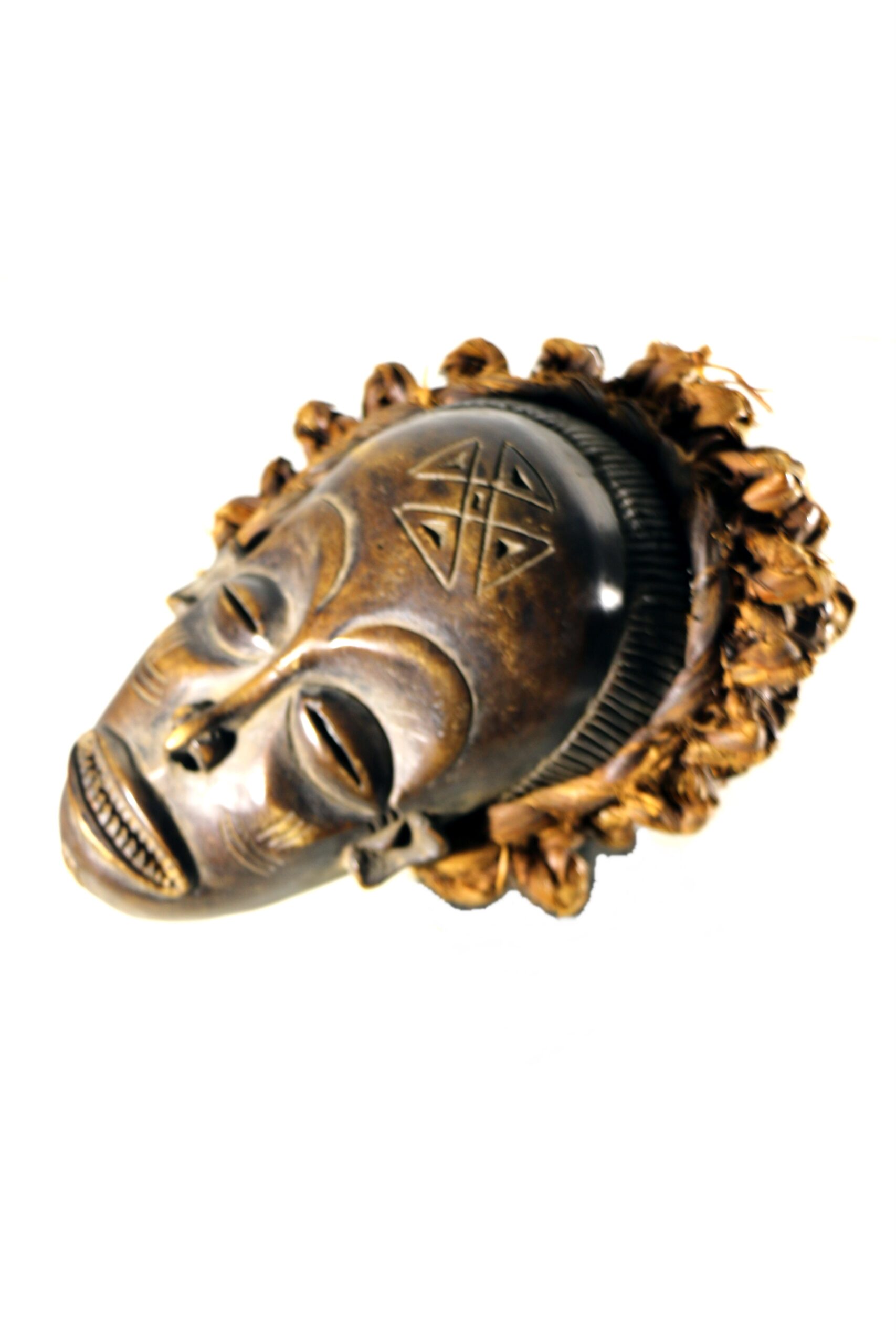
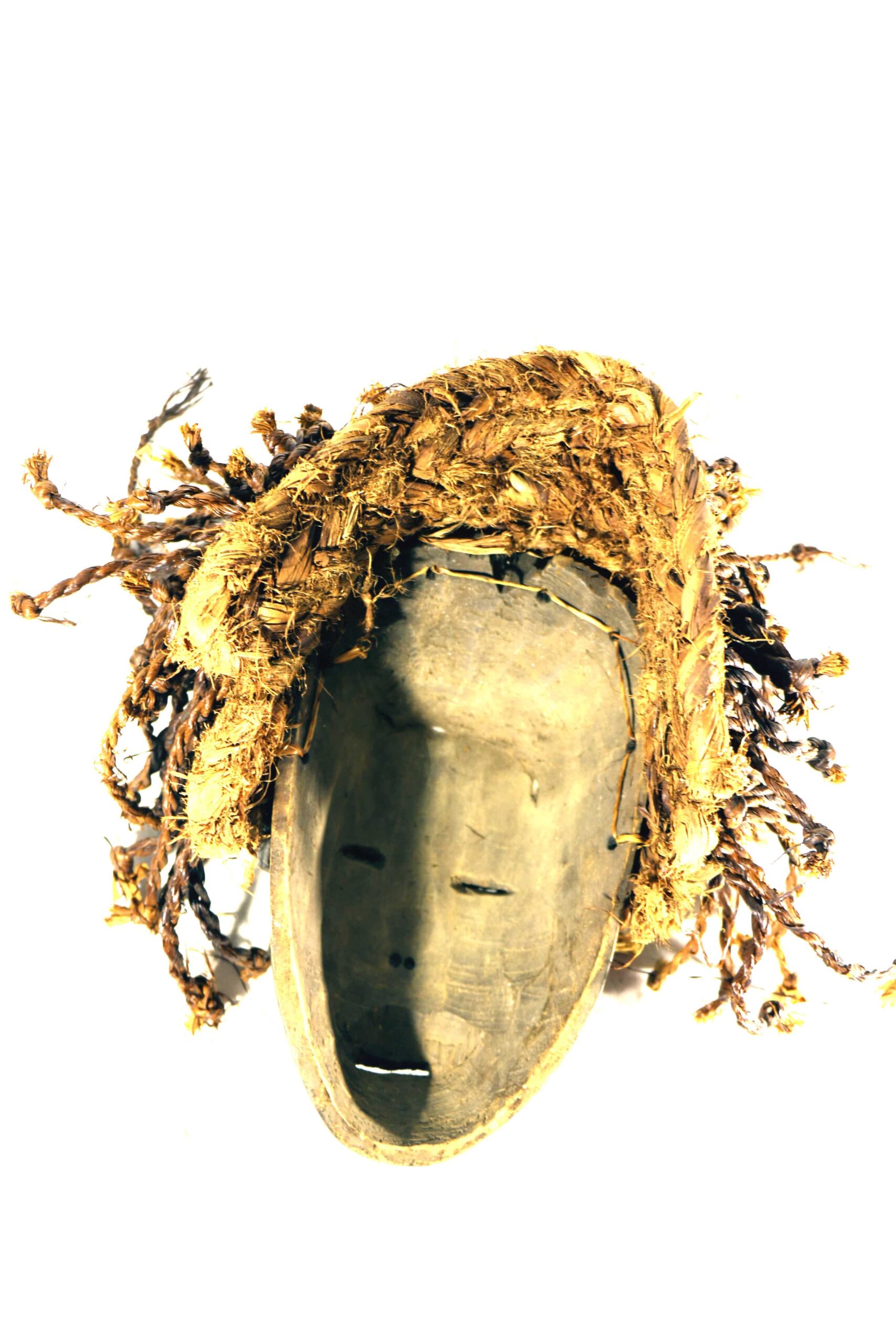
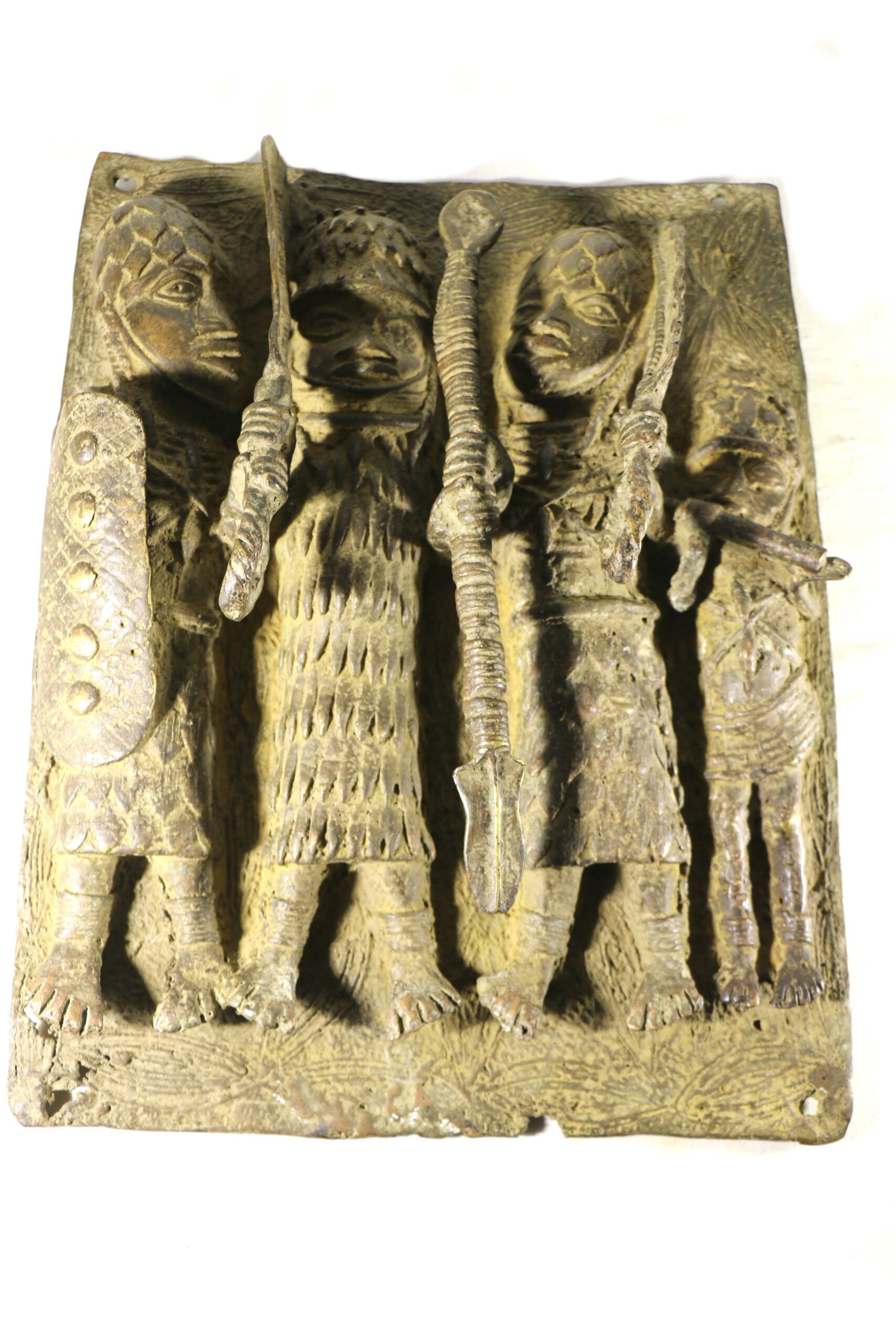
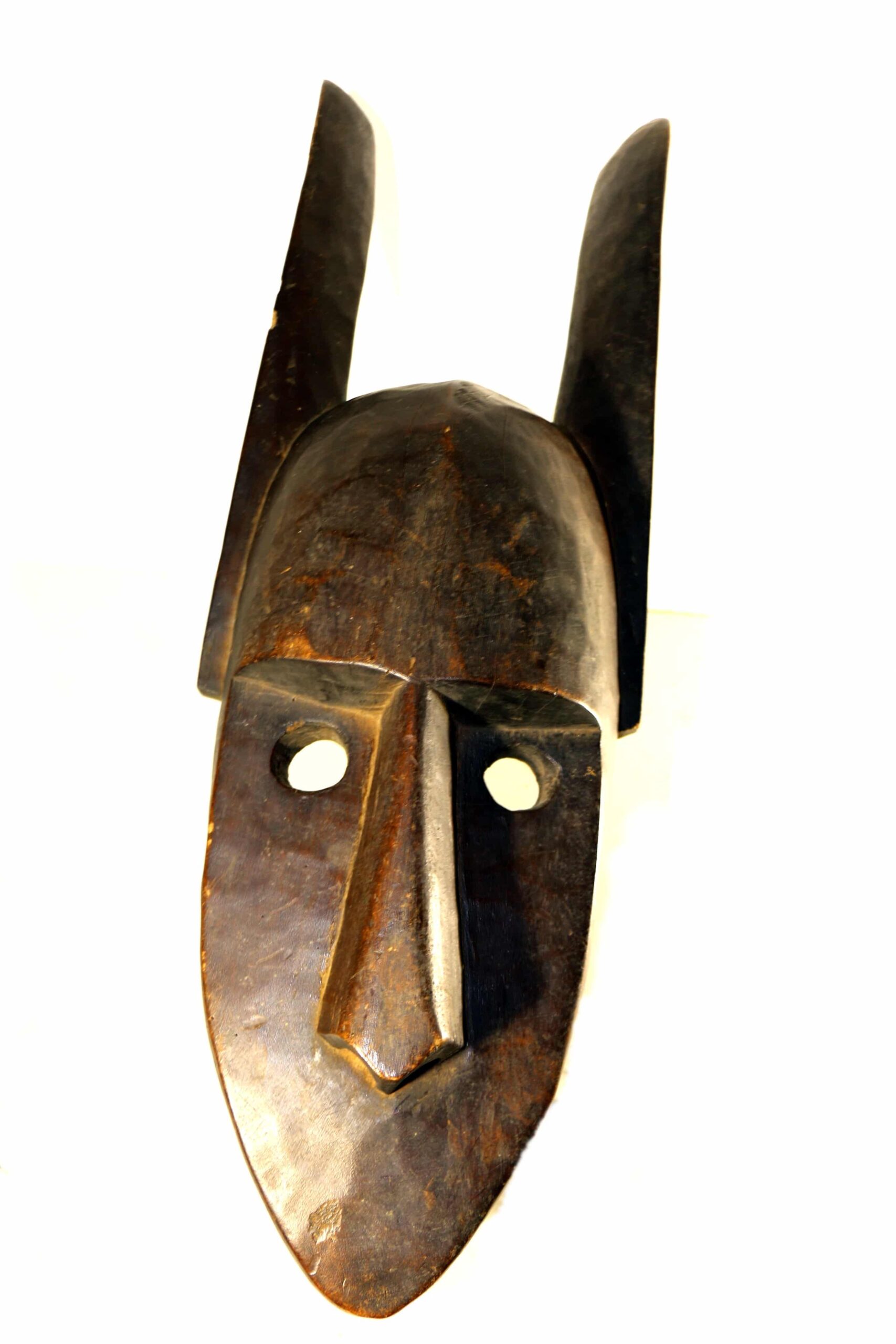
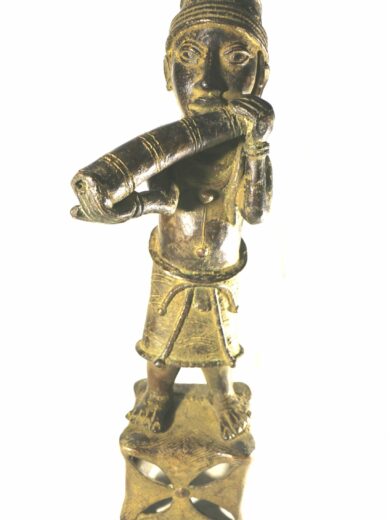
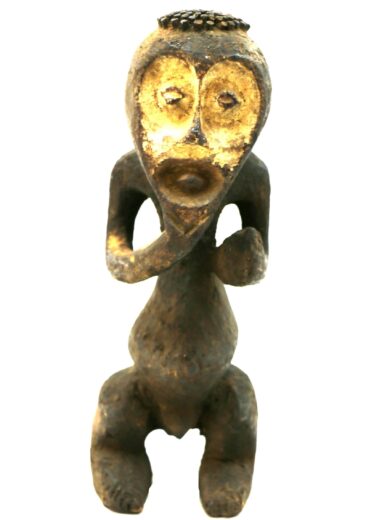
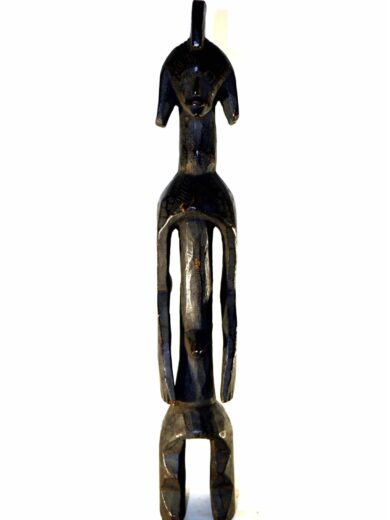
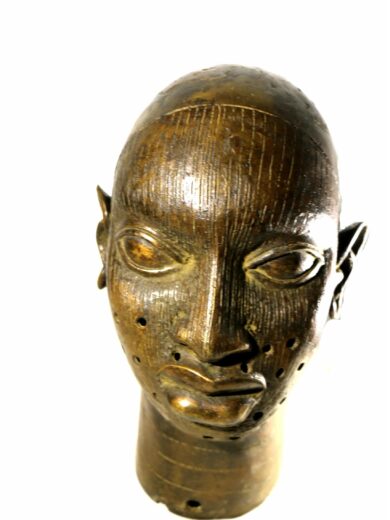
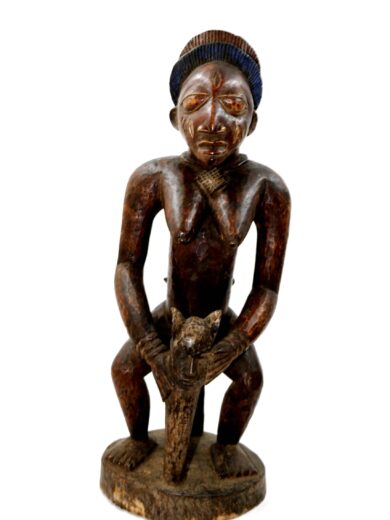
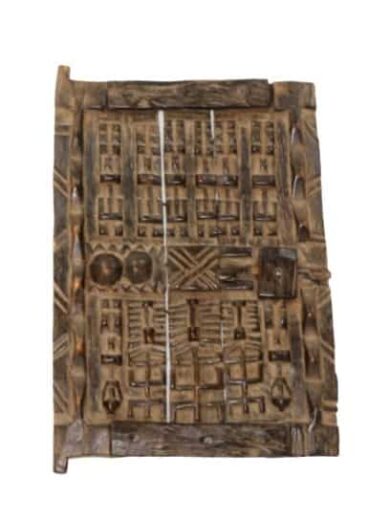
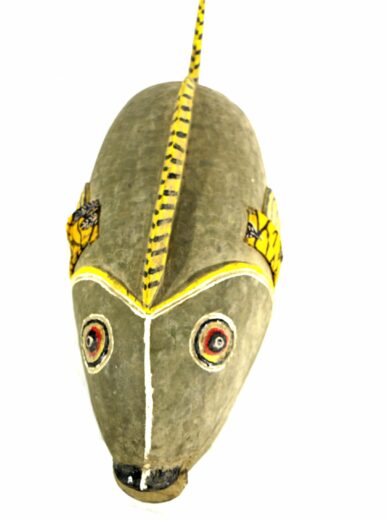
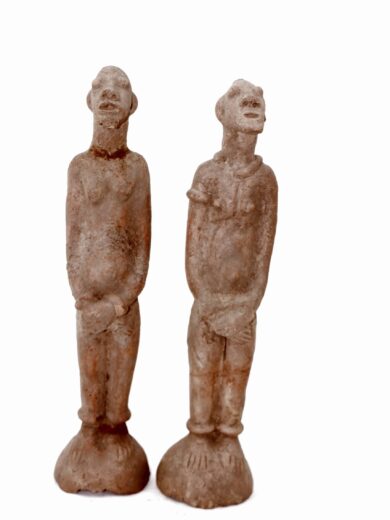
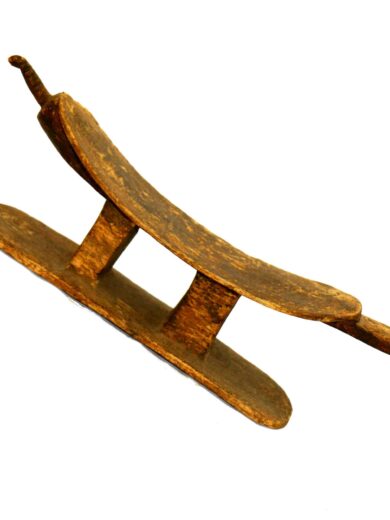
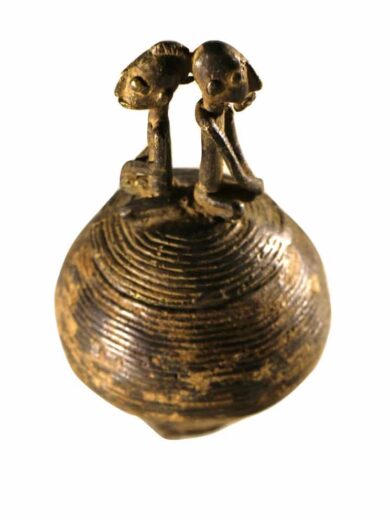
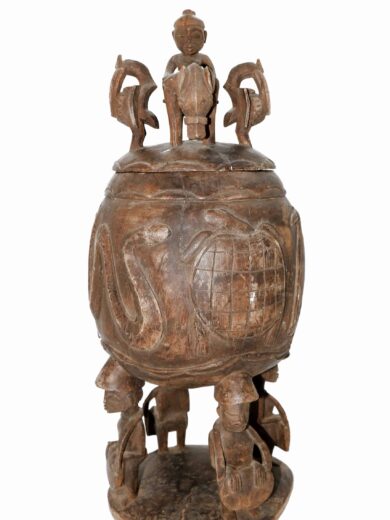
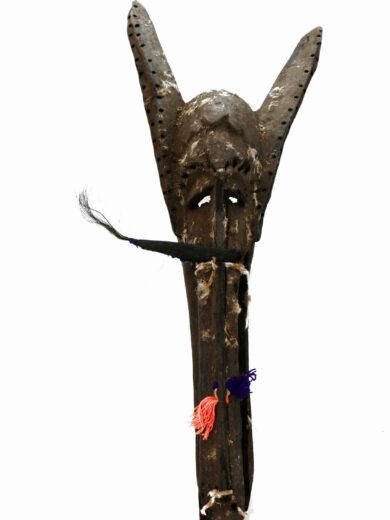
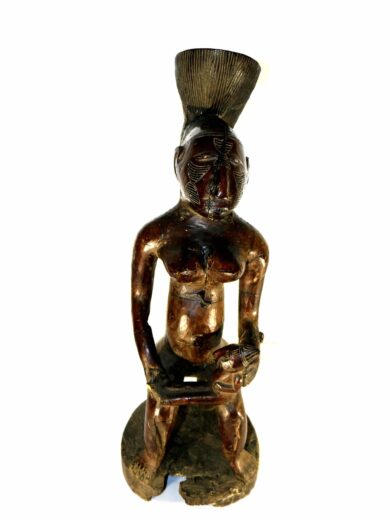
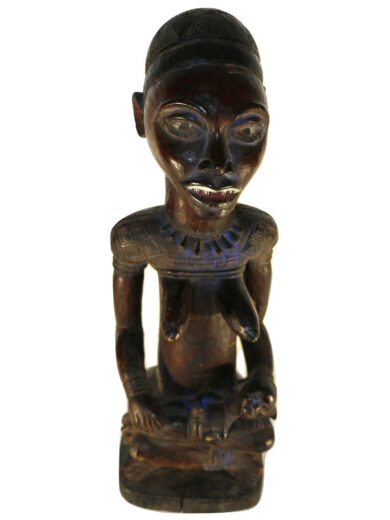
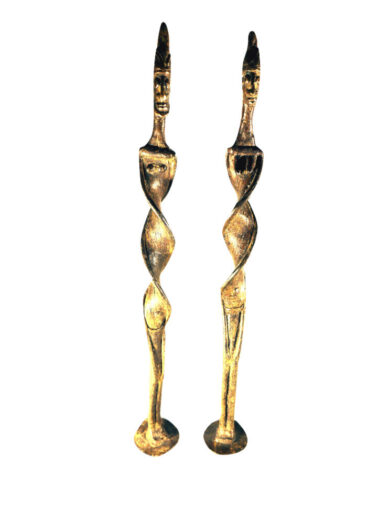
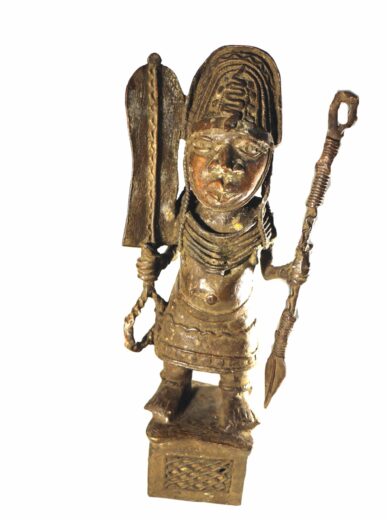
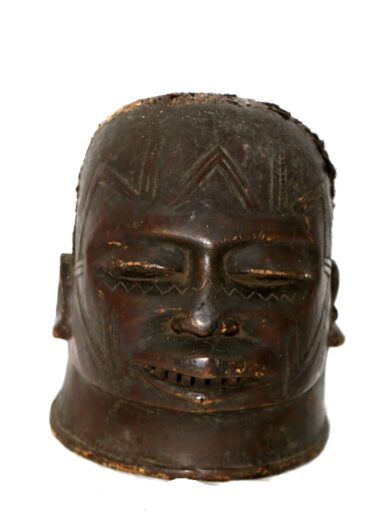
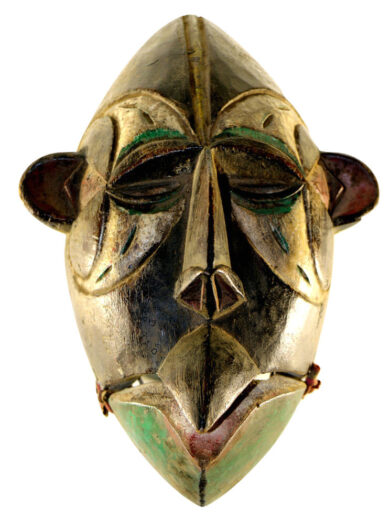
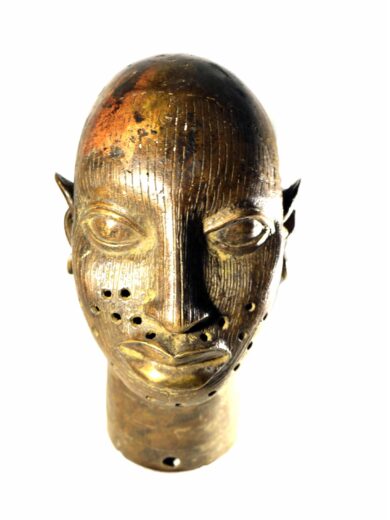
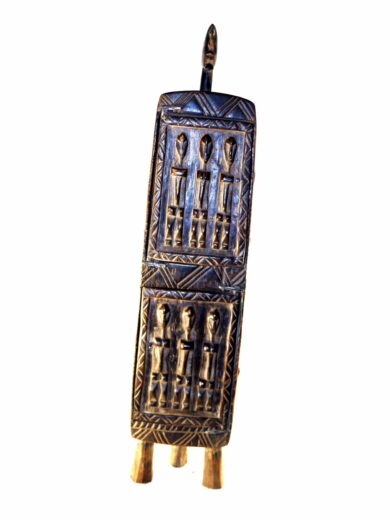
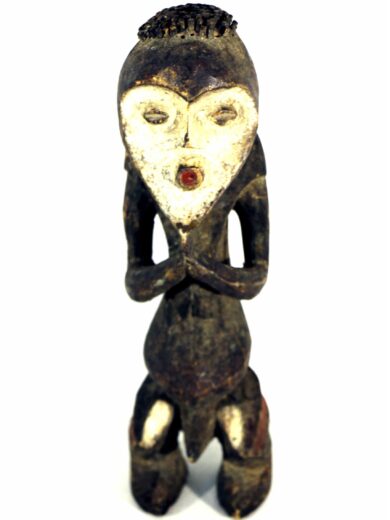
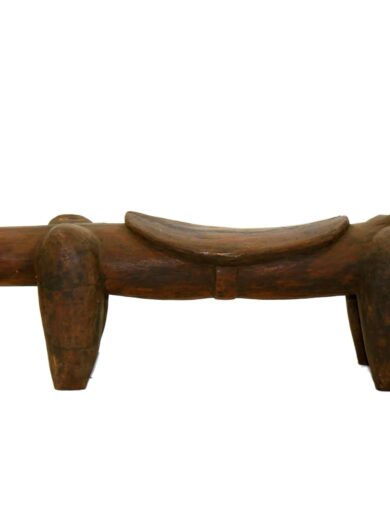
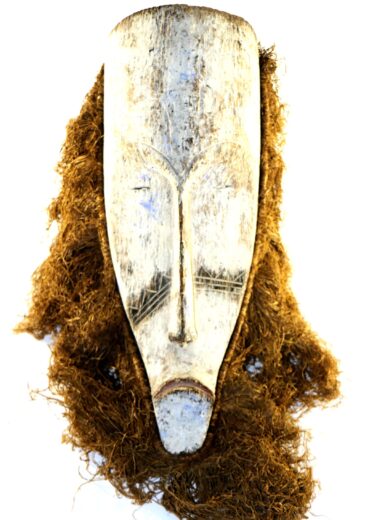
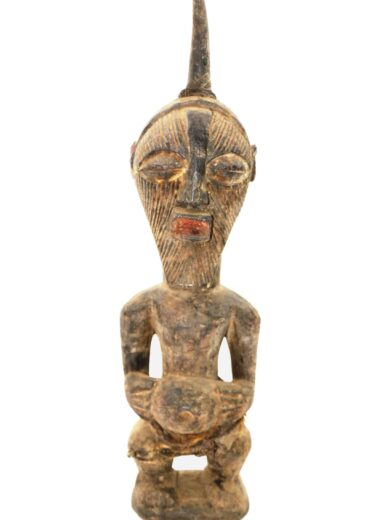
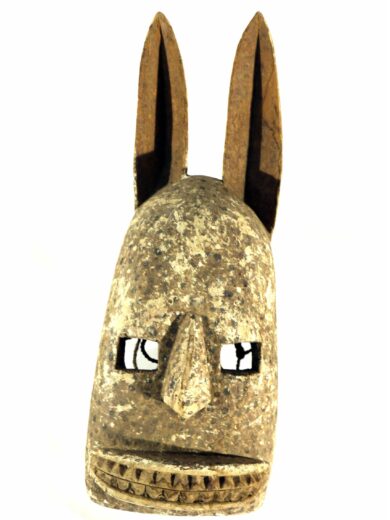
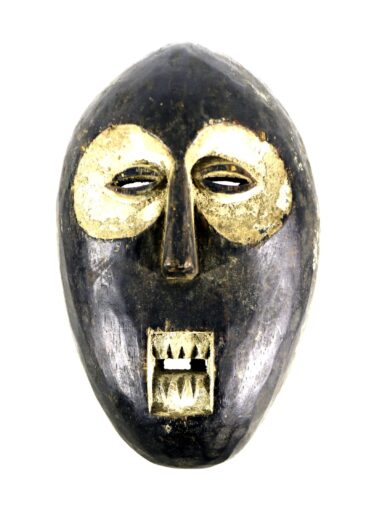
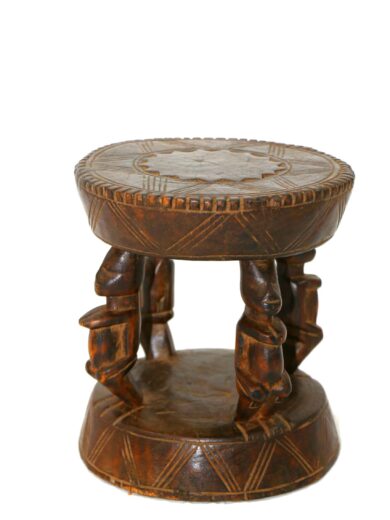
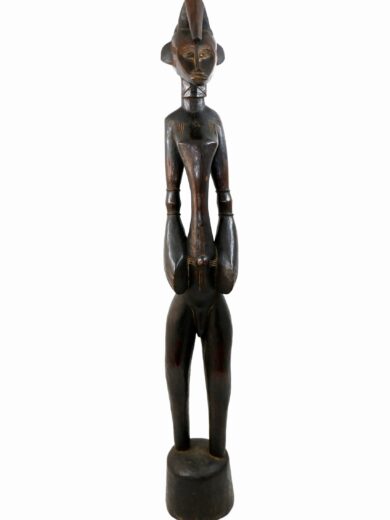
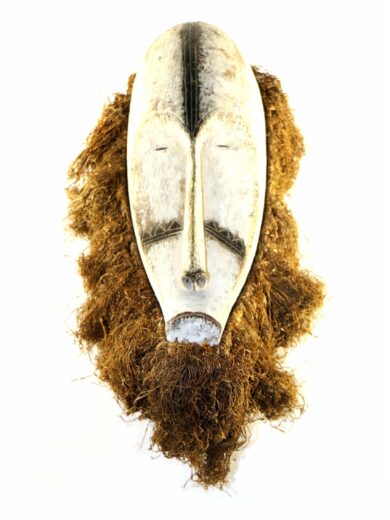
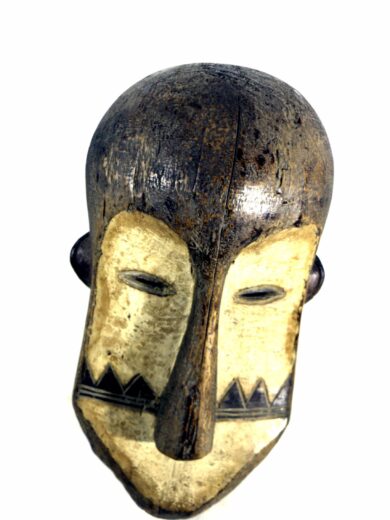
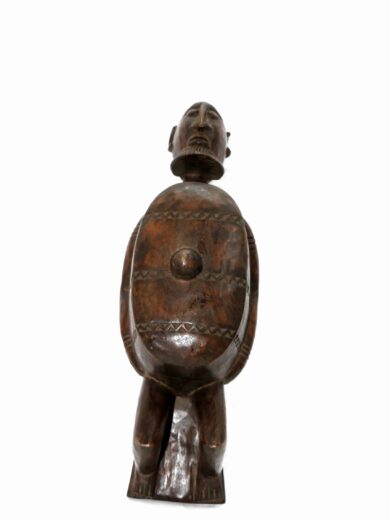
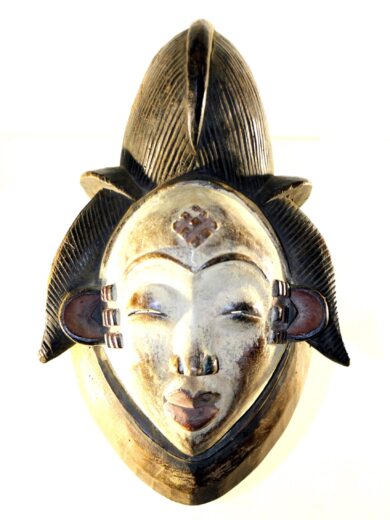
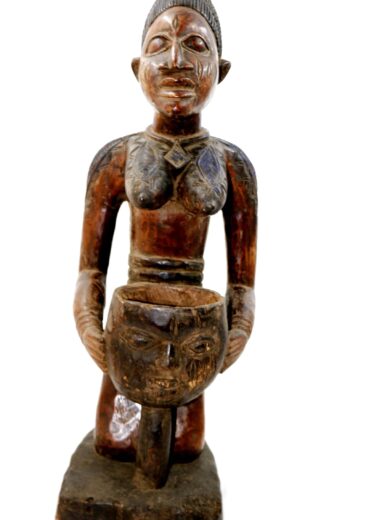
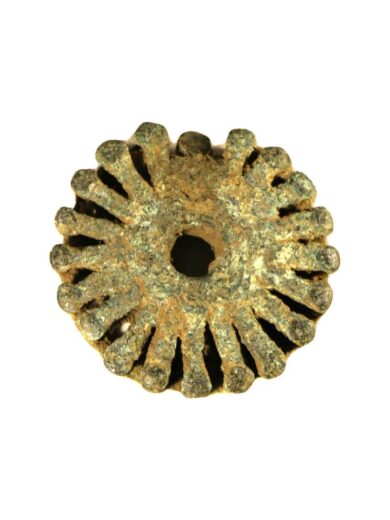
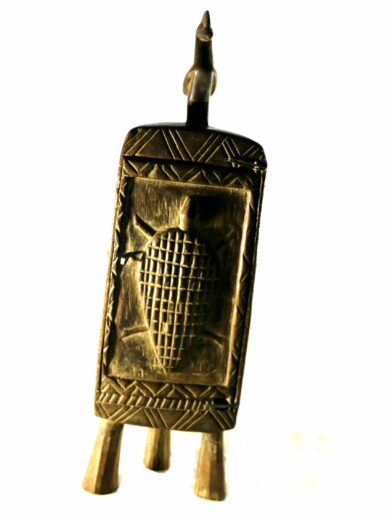
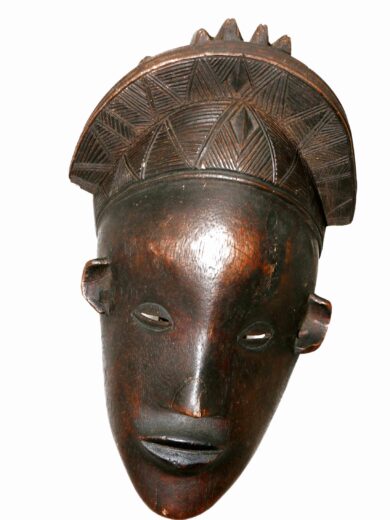
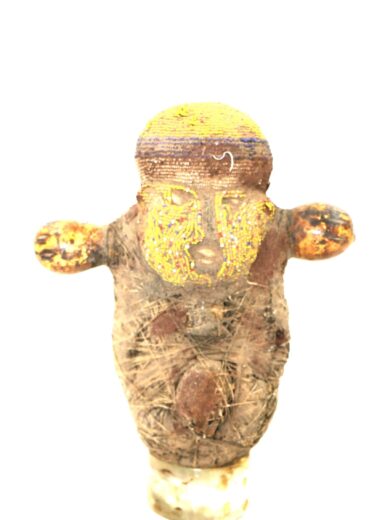
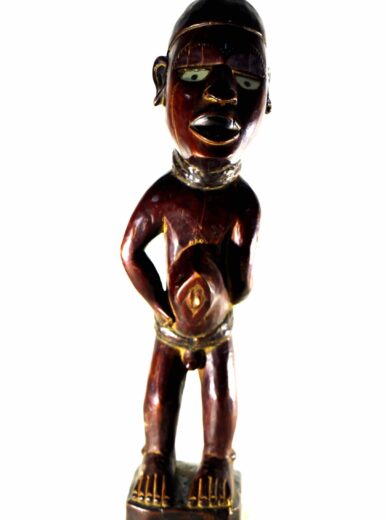
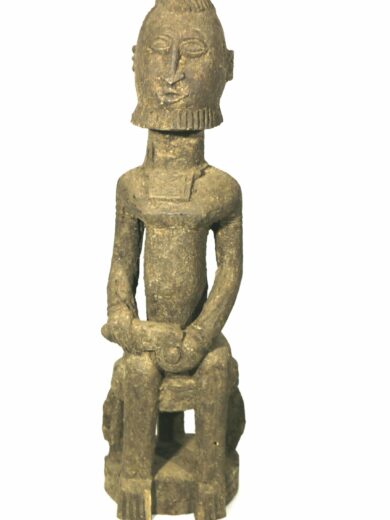
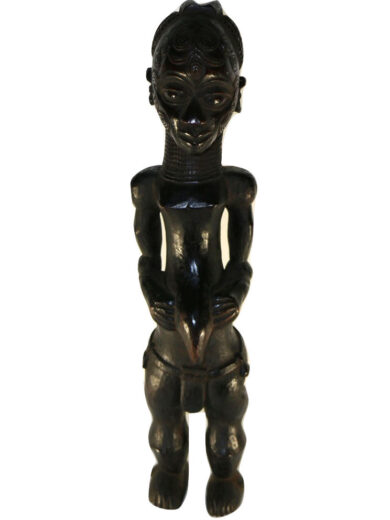
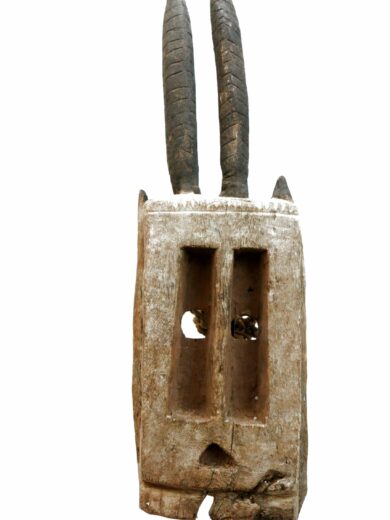
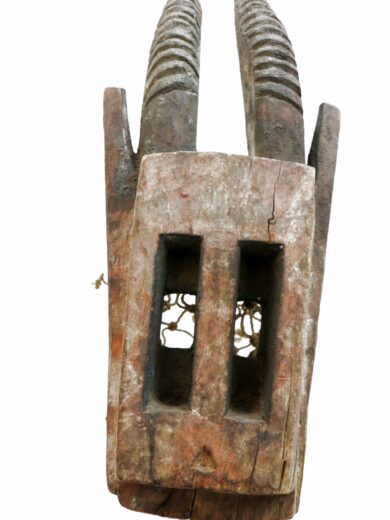
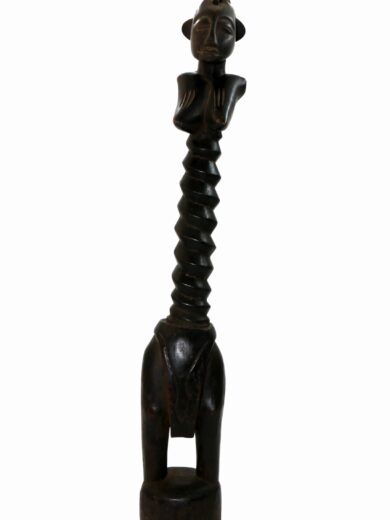
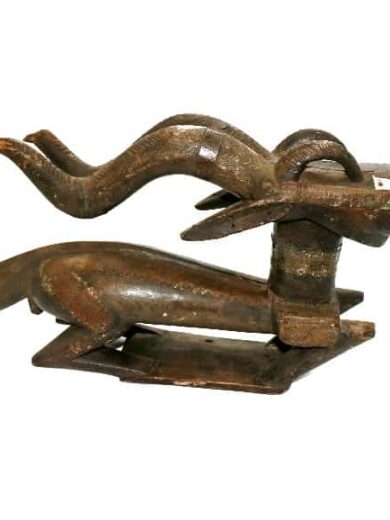
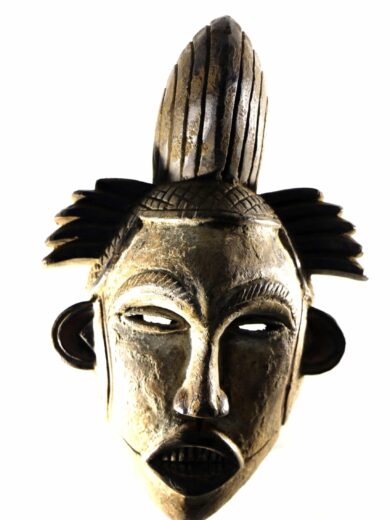
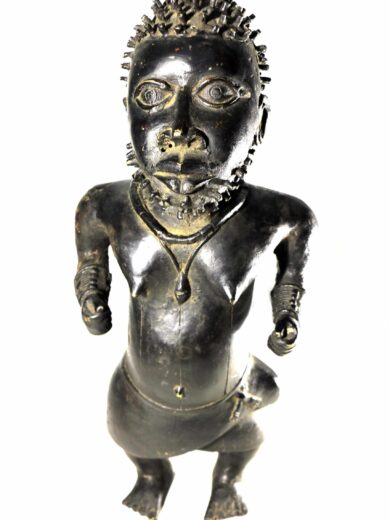
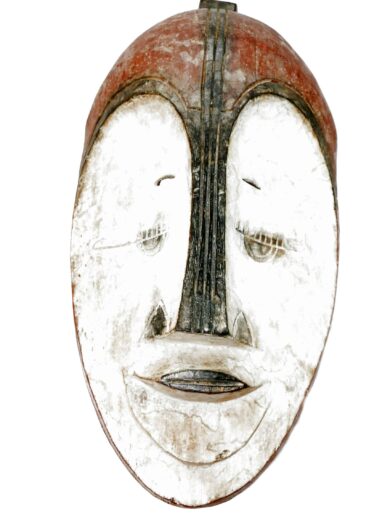
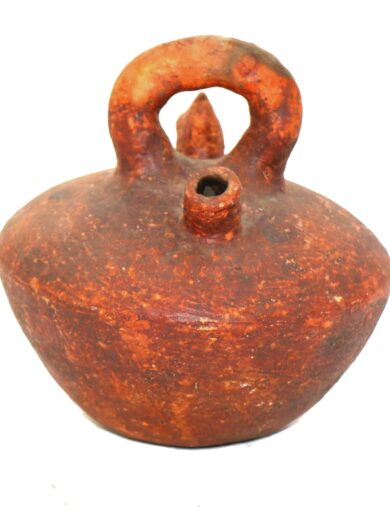
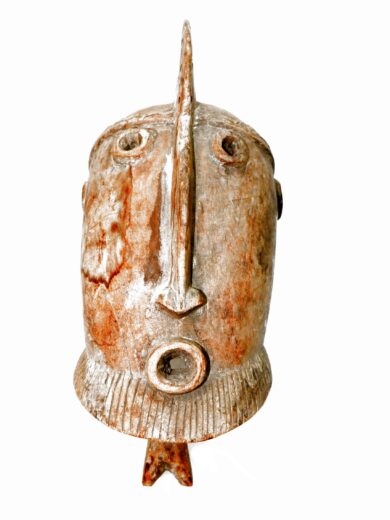
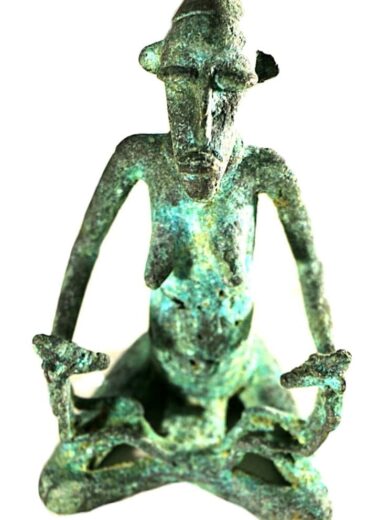

Reviews
There are no reviews yet.